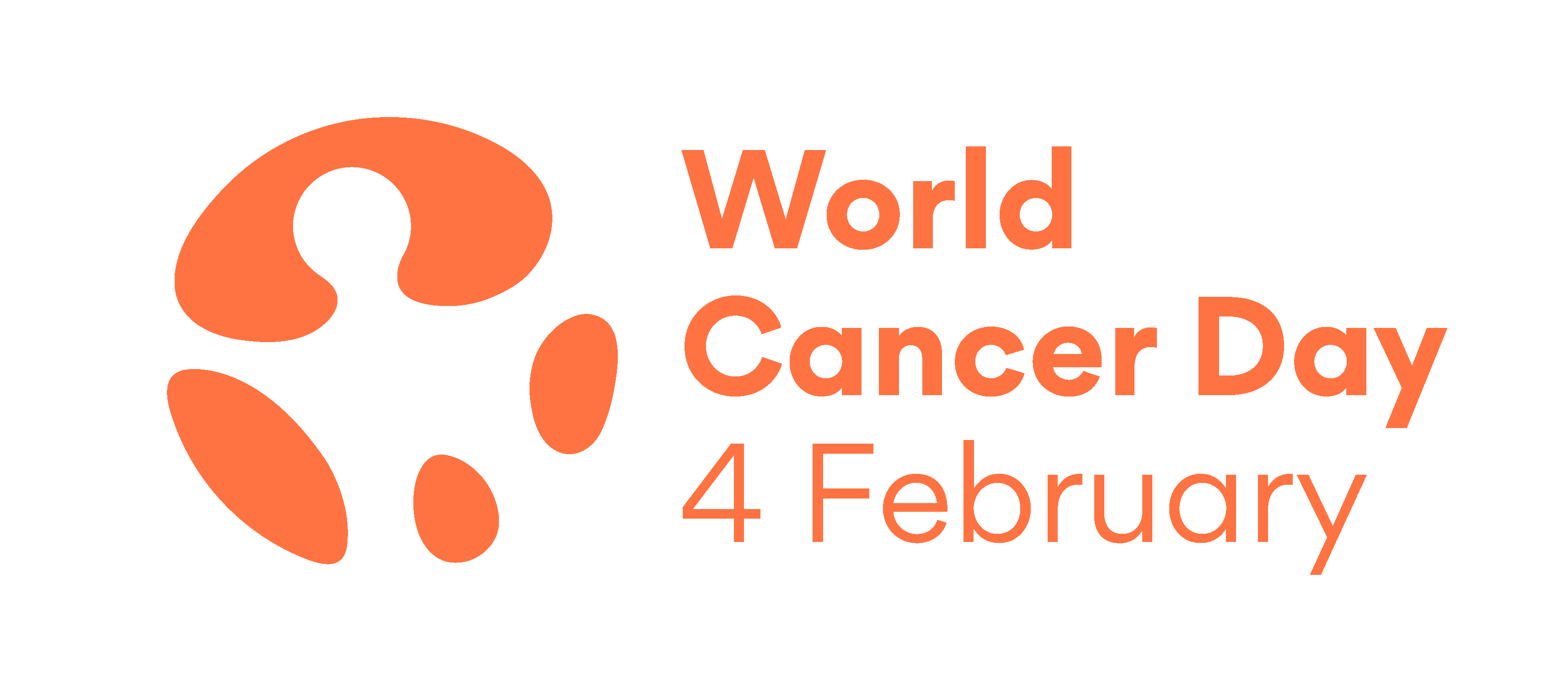-
Event
18 - 19 November 2026,
Save the date for the European Cancer Summit 2026 on 18 & 19 November, and EU-funded project events on 20 November - in Brussels & online!
In an era of political disruption and uncertainty, the European Cancer Summit 2025 convened the broad cancer community to chart a new path forward.
These extraordinary times call for extraordinary commitment. As budgets tighten and investments in health care come under intense scrutiny, the need to maximise every euro and drive innovation has never been greater. The cancer community must not only learn from past successes but also adapt rapidly to safeguard the future of patient care.
Unity is now more vital than ever, and nowhere is that unity better realised than at the biggest cancer policy event in Europe.
Read more
-
Event
03 March 2026, Online
Artificial intelligence (AI) in oncology is no longer a distant prospect. It is already shaping daily experiences for clinicians, researchers and patients. Across Europe, as many as 50 AI tools are currently being tested on images from more than 100,000 cases across nine tumour types in 16 countries.
The results cannot come soon enough. Each year, an estimated 2.7 million people in the European Union are diagnosed with cancer, with figures continuing to rise. To address this growing caseload, Europe is pairing the expertise of oncologists with the speed and scale of trained algorithms.
The challenge: policymakers and the cancer community must be ready to navigate this rapidly evolving capability, balancing innovation with ethical, legal, and privacy concerns.
To address these questions, the Young Cancer Professionals Roundtable, organised by the European Cancer Organisation (ECO) and the European Oncology Nursing Society (EONS), brings experts together for a timely discussion.
Join us on Tuesday, 3 March, 16:00 to 17:30 CET, and hear the debate. Register now.
Read more
-
Event
17 - 18 February 2026, Cardo Brussels (& online)
Newly Implementable Programmes for Prostate, Lung and Gastric Cancer Screening
Three years ago, the European Union reshaped the agenda on cancer screening. The goal? Save lives through early detection, with a focus on prostate, lung, and gastric cancer.
How? Launch a series of projects – PRAISE-U, SOLACE, and TOGAS – to pilot and prepare for the implementation of new screening programmes which account for the needs of individuals and their different backgrounds. Now it's time to assess the progress and turn pilots into programmes.
This is a unique event for the cancer community. Make sure to be part of it.
17 & 18 February - Brussels & online
Registrations are open now!
Read more
-
news
13 February 2026
Across Europe, one of the most effective tools to reduce cancer deaths remains woefully underused: screening.
Screening and early diagnosis save lives, reduce suffering, and make better use of health system resources. Yet the OECD’s recent report Delivering High-Value Cancer Care shows that up to 60% of cancers are diagnosed at a late stage in some European countries, significantly increasing mortality for affected patients and costs for the individual health system.
Read more
-
news
03 February 2026
Cancer remains one of Europe’s most significant public health and economic challenges.
Each year, 2.7 million people in the EU are diagnosed with cancer, 1.3 million die from it, and €49 billion in productivity is lost to it.
In 2021, the European Commission launched Europe’s Beating Cancer Plan and the EU Cancer Mission – its most ambitious effort against a most insidious disease – financed under the 2021-2027 Multiannual Financial Framework (MFF). Since then, the EU has made unprecedented progress in cancer prevention, screening, patient care, and training for cancer professionals.
Read more
-
news
03 February 2026
The members of the European Parliament Intergroup on Cancer and Rare Diseases issued a clear warning: without adequate funding for health, the significant progress made so far is at risk, as is the well-being of millions of citizens living with cancer or rare conditions, including children.
Read more
-
news
27 January 2026

Cancer remains one of the European Union’s most pressing public health challenges.
Every year, 2.7 million people are diagnosed with it, 1.3 million dies from it, and €49 billion in productivity is lost to it. Annual healthcare spending on cancer care and cancer control has now reached €93 billion in the 27 countries combined.
Read more
-
reports
January 2026
Cancer control has improved impressively across Europe. But the specific needs of women are too often absent in European health policies, creating gaps that directly and negatively affect outcomes.
Read more
-
news
25 November 2025
Warsaw, 24 November 2025 – The European Parliamentary Forum for Sexual and Reproductive Rights (EPF) together with the Institute for Patients‘ Rights and Health Education in Poland (IPPEZ) and the European Cancer Organisation (ECO) have launched the new edition of the HPV Prevention Policy Atlas 2025 at the Polish Senate during the event “HPV prevention in Poland and Europe”.
Read more
